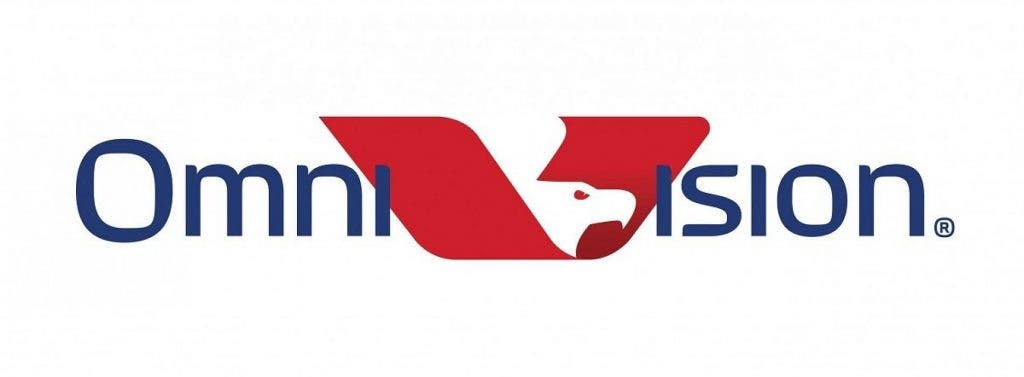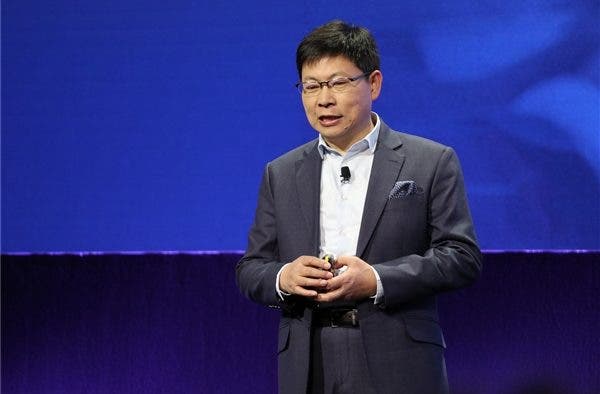At the ongoing Huawei Mate 40 series Chinese version press conference, Yu Chengdong said that Huawei has an active 120W or even 200W fast charging technology. However, if you are wondering why the company is not using this technology yet, there is an answer. According to the Huawei executive, the 66W fast charging is the most suitable fast charging technology for now. This is because such fast charging technology is logical for really big batteries.

The Huawei Mate 40 series will not increase in thickness as well as battery size. Thus, it is not feasible to use a 120W or 200W fast charging technology for their “small” batteries. Furthermore, Yu Chengdong claims that the 50W wireless fast charging is the best balance point. Anything above this may be unstable. Yu Chengdong also ridiculed Apple, saying that Huawei Mate40 series boxes have fast charging heads and no additional purchase is required.
Huawei officially released the new Mate40 series in China today. The series includes Huawei mate 40, Mate 40 Pro, Mate 40 Pro+, and Mate 40 RS Porsche Design. The Mate 40 Pro, Mate 40 Pro+ support 66W wired fast charging and 50W wireless fast charging. However, the Mate40 supports 40W wired fast charging and 40W wireless fast charging.
World-leading camera makers get licenses to supply Huawei
According to reports, Sony and Omnivision have obtained permission from the U.S. government to resume part of their supply to Huawei. Sony and Howe Technology are the world’s leading providers of camera imaging sensors. Currently, Huawei is one of Sony’s largest customers of smartphone image sensors. If it cannot continue to supply Huawei, Sony’s profits will be at risk.

Affected by the ban, a number of semiconductor manufacturers such as MediaTek, Samsung Electronics, Samsung Display, LG Display, SK Hynix, Sony, Kioxia, Toshiba, Mitsubishi Electric, and Renesas have stopped supplying to Huawei last month. In addition, the world-leading chipmaker, TSMC, has also stopped making Huawei Kirin chips. This is why Huawei may not have a successor to its latest flagship chip, Kirin 9000.
However, shortly after, several US companies were approved to supply Huawei. The likes of Intel and AMD already have approvals to do business with the Chinese manufacturer. Analysts said that the huge scale of China’s semiconductor market is a huge temptation for suppliers in the U.S. Therefore, shortly after the ban, US chip manufacturers submitted applications to the US government to restore the supply of chips to Huawei.






Huawei is the only way.